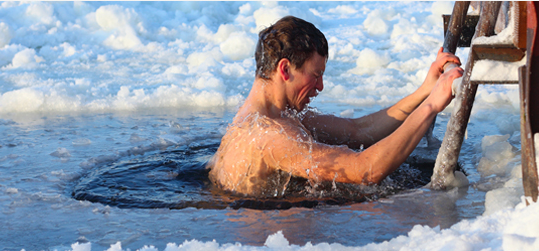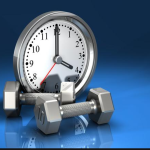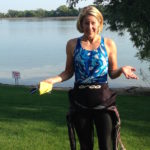Stop injury from derailing your triathlon dreams.
I’m often asked why I no longer compete in triathlon. The simple answer is: injury. My body was breaking down faster than I knew how to repair it at the time. I grew up in an era of no pain, no gain. And, I was really good at ignoring pain on all levels. In part, this pushed me to the highest success: multiple ITU World Cup victories and an overall World Cup Championship. Ignoring pain is what high level athletes are good at. This mindset ultimately set me up for long-term injuries and led to my pro career ending prematurely.
This experience brought me three gifts that permeate my life and my coaching business:
- Unquenchable desire to learn more about how to help others get and stay healthy and fit for a lifetime.
- Deep compassion for those who suffer pain and challenge.
- The opportunity to teach and guide triathletes to a higher level, to achieve a healthy lifestyle and to live their dreams.
A healthy path to YOUR triathlon goals and dreams:
Plan to avoid chronic overtraining. Triathletes have a reputation of being chronically over trained. It’s partly the nature of our sport, repetitive movement sports, and the high achieving personalities who are attracted to not just one event, but three in one. Structured, planned training where hard and easy workouts are varied throughout the training microcyle, mesocycle and macrocycle is key. Planning rest periods before you go over the edge into overtraining is essential.
Know your training intensity. It’s important to understand and implement a full spectrum of training intensities, from very easy to very hard. How do you measure intensity on the swim, bike and run? I often see athletes either going too hard or too long at a high intensity. Then they end up burned out, injured and underperforming on race day. Training intensity measurement parameters include: pace, heart rate, power and RPE (rating of perceived exertion).
Good pain, bad pain. Do you know the difference? You need to train hard, you need to stress your body in order to improve, i.e. get fitter, faster, stronger. This is the good pain of making steps toward your goals and dreams. The bad pain is when potential injury pops up. Is that nagging pain in your knee simply a tight quad or the beginnings of IT Band Syndrome. There is a time to tune into the cues your body is giving you to slow down and a time to tune those cues out, put your head down and suffer. Learn to know the difference.
Seek expert support and guidance. An outside, objective perspective helps prevent and solve problems: a coach, parent, spouse, friend, PT, doctor, massage therapist, etc. You are not an island, you do not need to do it all on your own. There is help out there.
Apply any and all healing modalities. The world of health and healing is bursting at the seams with a wealth of information, knowledge and advice. Sometimes working through to what helps you can be a challenge. Seek referrals from experts you trust who have your best interest in mind. The field abounds from the traditional medical approach (doctors, surgery, drugs) to alternative methods (acupuncture, compounding pharmaceuticals, natural supplements). Most often it’s a combination of several sources that provide a full recovery from injury and return to training and racing.
Look back and learn. Hindsight is 20/20. As you look back on your injury, what would you have done differently? Identify the root cause, when and how it happened, so you can make new choices and decisions this time around. Know that there is power in learning and knowledge. Avoid making the same mistakes twice.
Get a full assessment from a PT or qualified trainer. A functional movement screen (FMS) is one source. These assessments can help identify weak areas to target for strengthening and stretching before an injury occurs. From a professional assessment, they will put together a plan to keep you healthy and injury free or a plan to heal your injury and get you back to training and racing.
When I conduct my run assessments, I look for weak areas that need to be addressed to keep my runners healthy, injury free and fast.
Mindset. Maintaining a positive attitude and practicing strong mental skills support the physical healing process. It will also keep you more tuned into what your body needs from day to day.
Proactive recovery strategies. Actively support your recovery from training and racing by planning to implement healing modalities on a regular basis. These modalities include: foam roller, stretching, PT, massage, compression gear, ice or heat therapy, light exercise, compression gear, etc. Check out Denver’s Sports Recovery Center
Return to training and racing after injury. Athletic life still exists after injury. That’s the beauty of triathlon: if you have a running injury, here’s a perfect opportunity to nail your swim. Following the steps above, tailored to your needs, will help you return to being fit and fast and staying that way.







